Images published by North Korean state media on Tuesday claimed the successful launch of a new hypersonic missile meant to bolster the nation's "nuclear war deterrent"—but officials in the South have cast doubt on the weapon's capabilities.
A video released by state broadcaster KRT and photographs published by the official Korean Central News Agency (KCNA) showed North Korean leader Kim Jong Un overseeing the previous day's test at an undisclosed location. It was Pyongyang's first missile event of the year.
Why It Matters
North Korea's strongman leader Kim has for years sought more sophisticated weaponry and platforms for his military, which largely comprises Soviet-supplied hardware. At the top of his wish list are hypersonic missiles, solid-fuel intercontinental ballistic missiles, nuclear-powered submarine and surveillance satellites.
Hypersonic warheads can be maneuvered mid-flight and are therefore a challenge to intercept with existing air defense systems. The arms industries of the U.S., Russia and China have invested heavily in the capability.
Kim described his military's new ballistic missile as "a weapon system to which no one can respond," according to the KCNA report. The system "can deal a serious military strike to a rival by effectively breaking any of its dense defensive barriers."
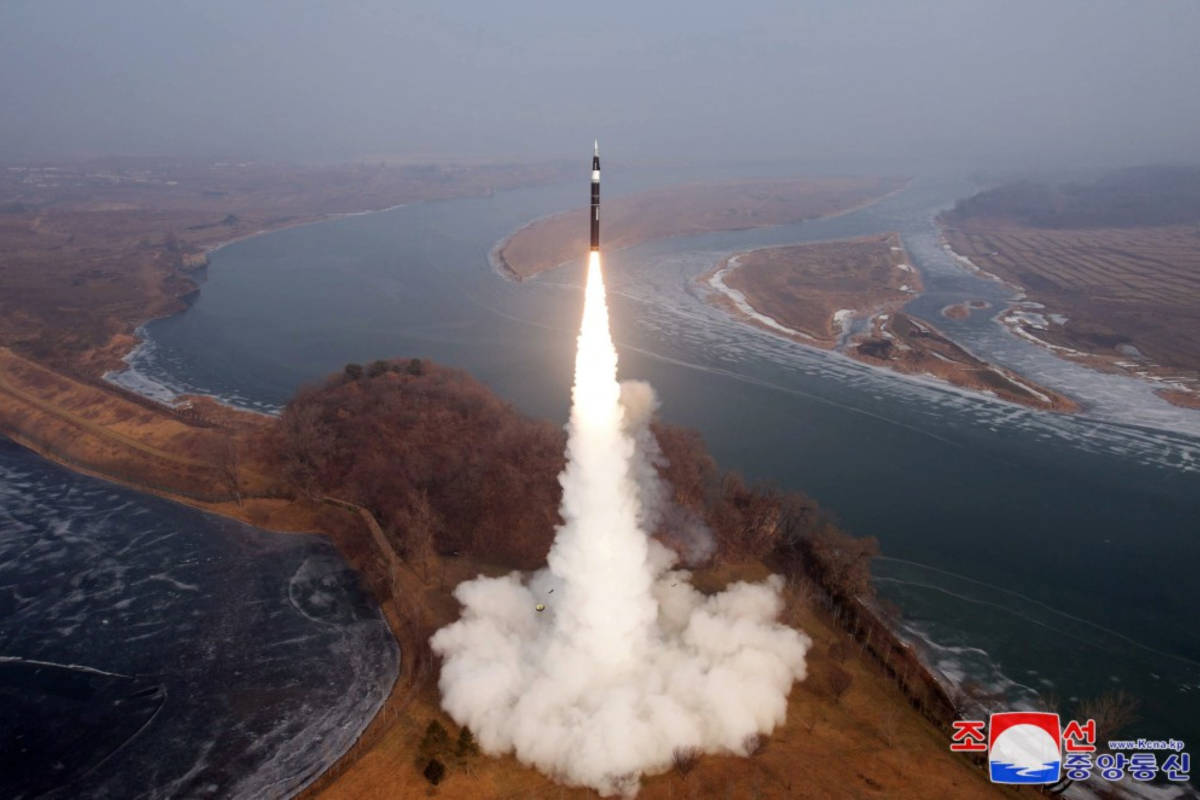
What To Know
Monday's test was staged by North Korea's missile administration, KCNA said. The state news outlet said the hypersonic warhead flew at Mach 12—12 times the speed of sound—and struck a target 930 miles away.
Pyongyang is developing the capability in order to "raise the durability and effectiveness of the strategic deterrent," the report said.
Kim, who watched the launch event alongside his young daughter, was quoted as saying: "A few countries in the world might possess such a weapon system."
North Korea's first missile test since November appeared to be intentionally tied to U.S. Secretary of State Antony Blinken's visit to treaty allies South Korea and Japan.
Washington, Seoul and Tokyo have shared real-time data on North Korean missiles for a year. The South Korean and Japanese militaries both tracked the missile's trajectory into the Sea of Japan, or East Sea. They said the weapon traveled 690 miles, contradicting Pyongyang's account.
Additionally, military officials in Seoul said the hypersonic missile shared similarities with the Hwasong-16B, a known intermediate-range ballistic missile tested by North Korea last April.
What People Are Saying
North Korean leader Kim Jong Un in a statement on Tuesday: "The current test-fire proved without doubt that we are steadily upgrading the powerful new-type weapon systems like the intermediate-range hypersonic ballistic missile to cope with different security threats posed by the hostile forces against our state at present."
"The hypersonic missile system will reliably contain any enemies in the Pacific region that can affect the security of our state."
Col. Lee Sung-jun, South Korea's Joint Chiefs of Staff spokesperson, at a press conference on Tuesday: "It is assessed that North Korea's claim of the flight distance...is highly likely deception."
Antony Blinken, U.S. secretary of state, at a press conference on Tuesday:"[W]e have sought to engage [North Korea]...And the only response effectively we've gotten has been more and more provocative actions, including missile launches."
"And in fact, again, today's launch is just a reminder to all of us of how important our collaborative work is, including on real-time information sharing, including on the exercises we're engaged in on a trilateral basis. All of that and more is a strong and effective response to the provocations from North Korea."
1 of 2
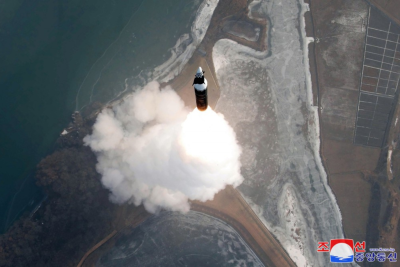
What Happens Next
Although North Korea's missile test coincided with Blinken's visit to the region, Kim's ongoing military signaling likely was directed at the incoming administration of U.S. President-elect Donald Trump.
Pyongyang has doubled down on a nuclear program designed to threaten U.S. territories in the Pacific as well as the American homeland. The regime says its weapons aren't open to negotiation, and its recent closeness with Moscow may not be either.



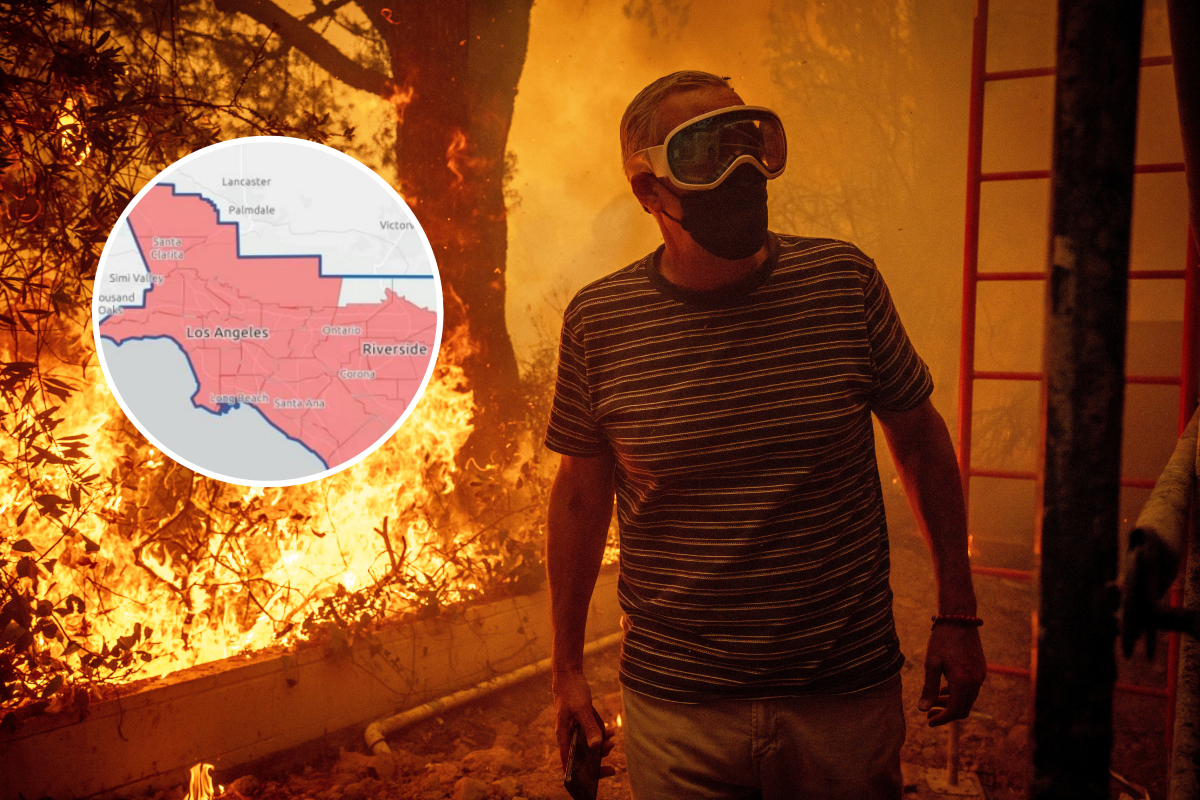



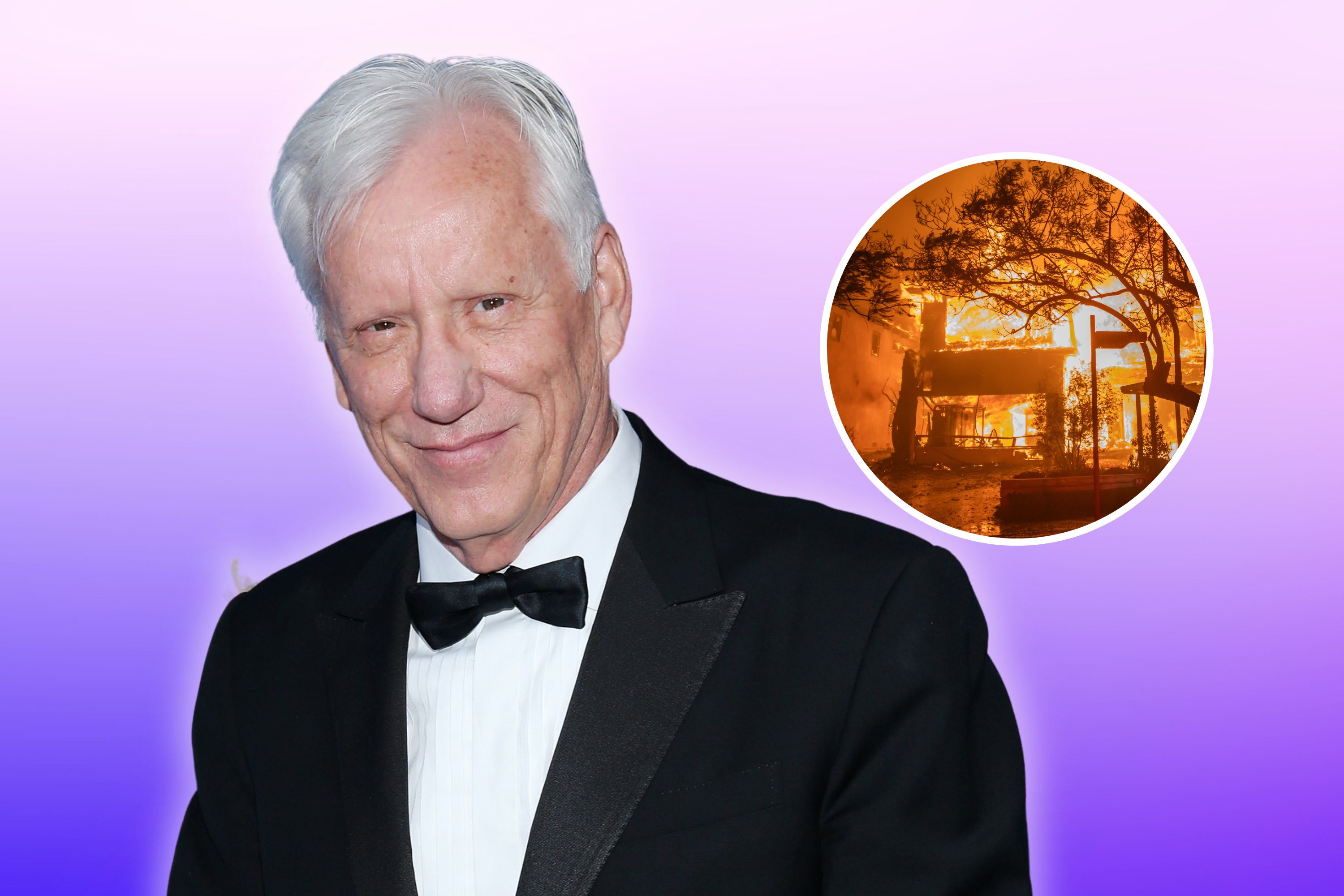

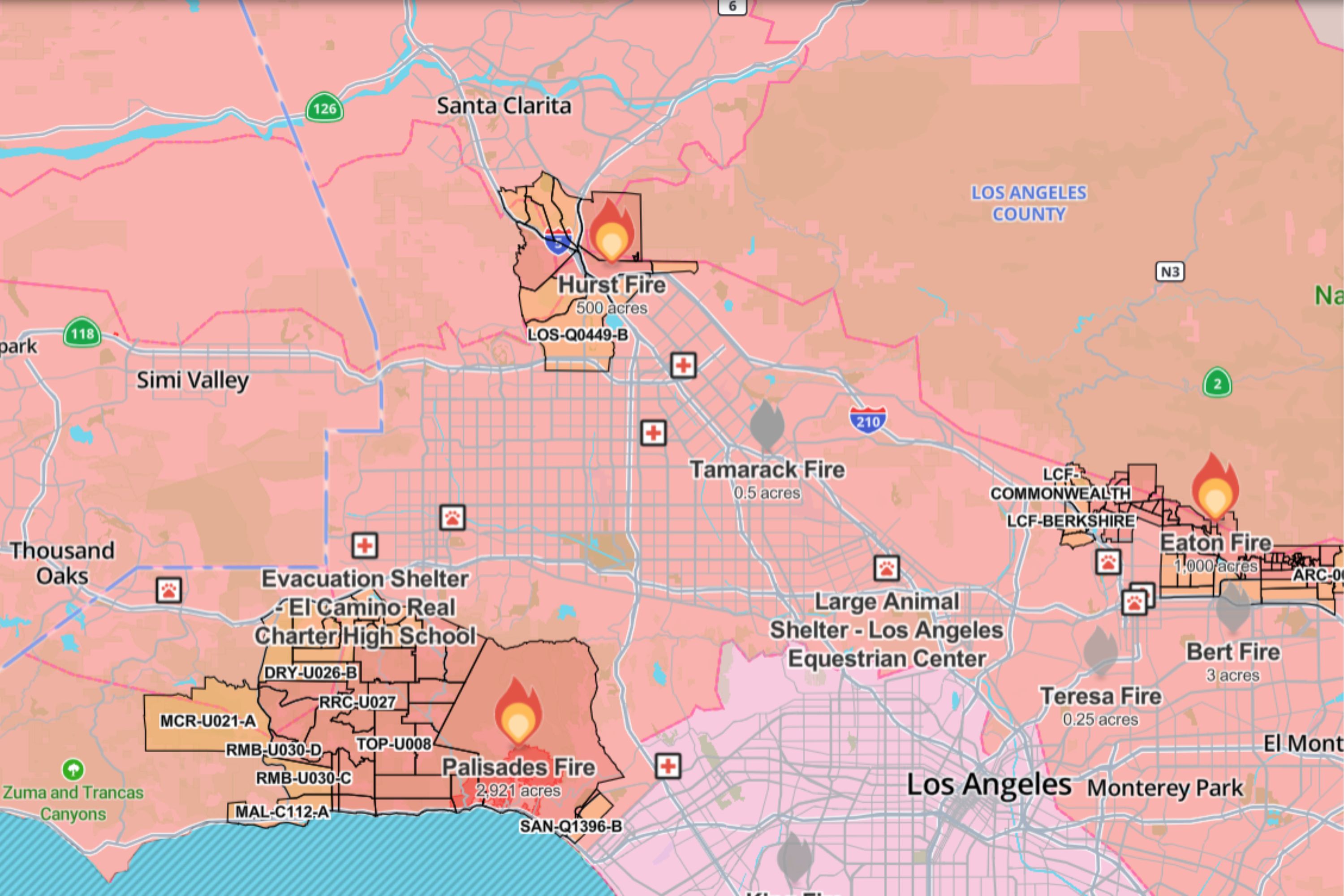










 English (US) ·
English (US) ·